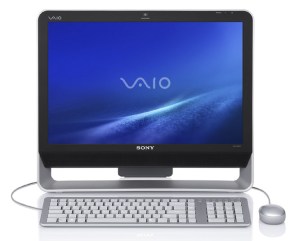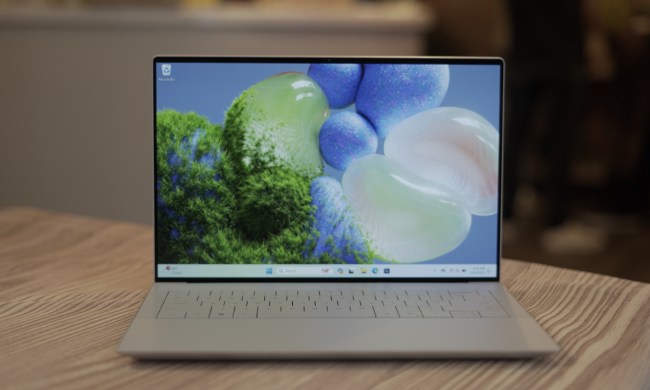
A new survey from market analysis firm IDC finds that U.S. consumers, overall, spend more money on accessories for their PCs than they do on PCs themselves. IDC’s foruth annual Beyond-the-Box survey found that in 2009, consumers spend $1.05 on PC accessories and peripherals for every $1 they spend on PCs themselves. The findings highlight not only the diminishing costs of mainstream PCs, but how large the market is for add-ons, enhancements, and services that make PCs do what people want.
“This research is meant to shed some light on a substantial portion of the personal computing segment, the accessories market, which has not been adequately tracked in the past,” said IDC’s personal computing research director David Daoud, in a statement. “With the trend of a multi-PC per user environment, the accessories market will play a growing role in insuring seamless integration of all the devices in businesses and households. The need for solutions to enhance user experience, improve productivity, and secure users’ computing environment mean that the accessories market will continue to expand going forward. In its fourth year, this research provides strategic recommendations to manufacturers, distributors, and their partners.”
Overall, IDC forecasts the market for PC enhancements, accessories, and peripherals will top $28.6 billion in 2010. Leading PC add-ons include security and antispam software, but other popular accessories include additional memory and storage, as well as enhanced graphics options and media-creation software.
IDC also found that the PC accessories business is dominated by brick-and-mortar retailers, with Best Buy expanding its share of the U.S. market. However, IDC also finds consumers migrating swiftly towards Web-centric and cloud-based services and activities, which means retailers may need to change their strategy if they want to keep on top of consumers’ computing needs.
In the small business segment, IDC found spending patterns are quite a lot different than the consumer marketplace: where consumers on average now spend more on accessories than on PCs, small businesses only put about a quarter of their computer shopping budget towards “beyond the box” products and accessories, suggesting that business computing remains more purpose-specific, where consumers are applying their computers towards a broader range of activities.


